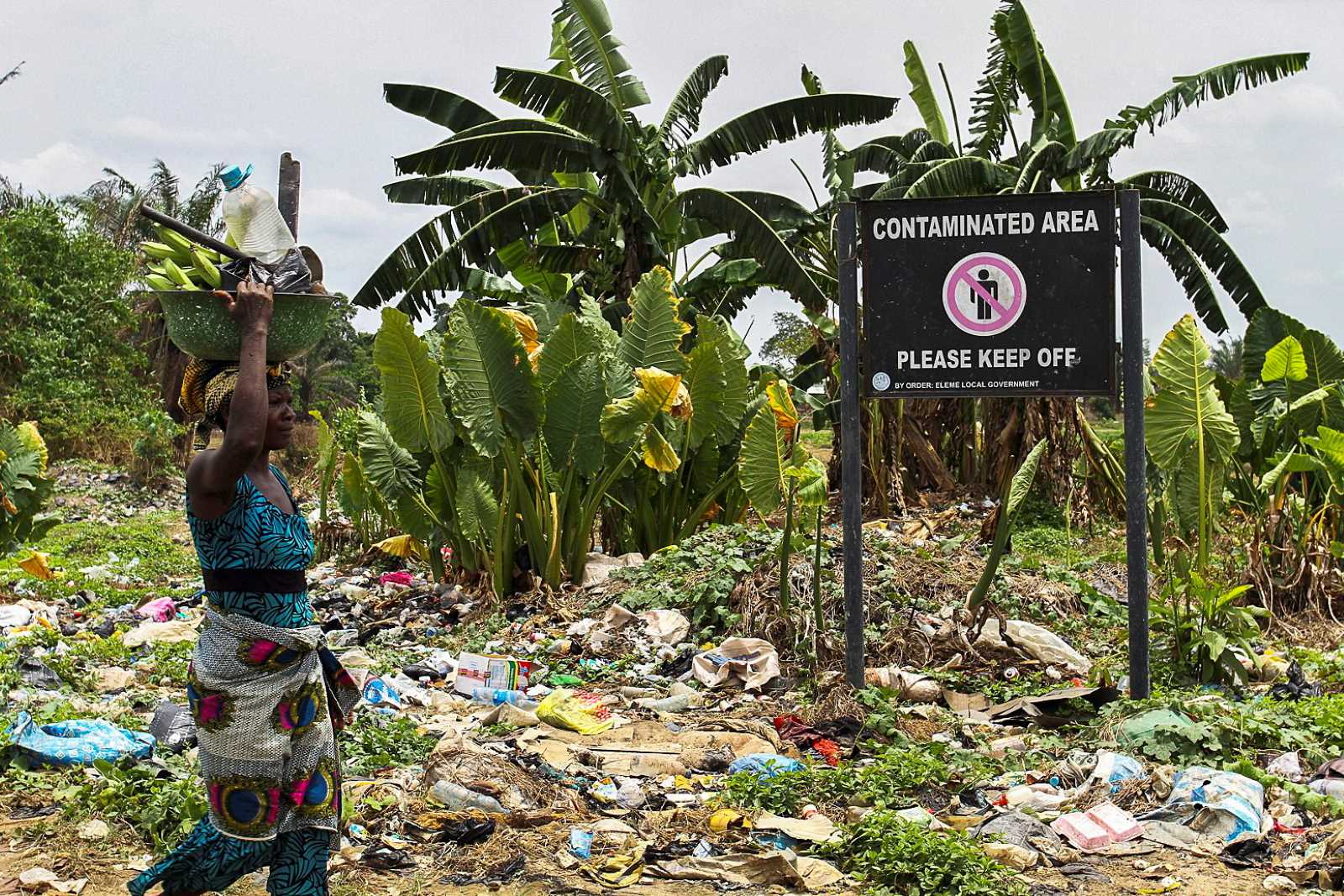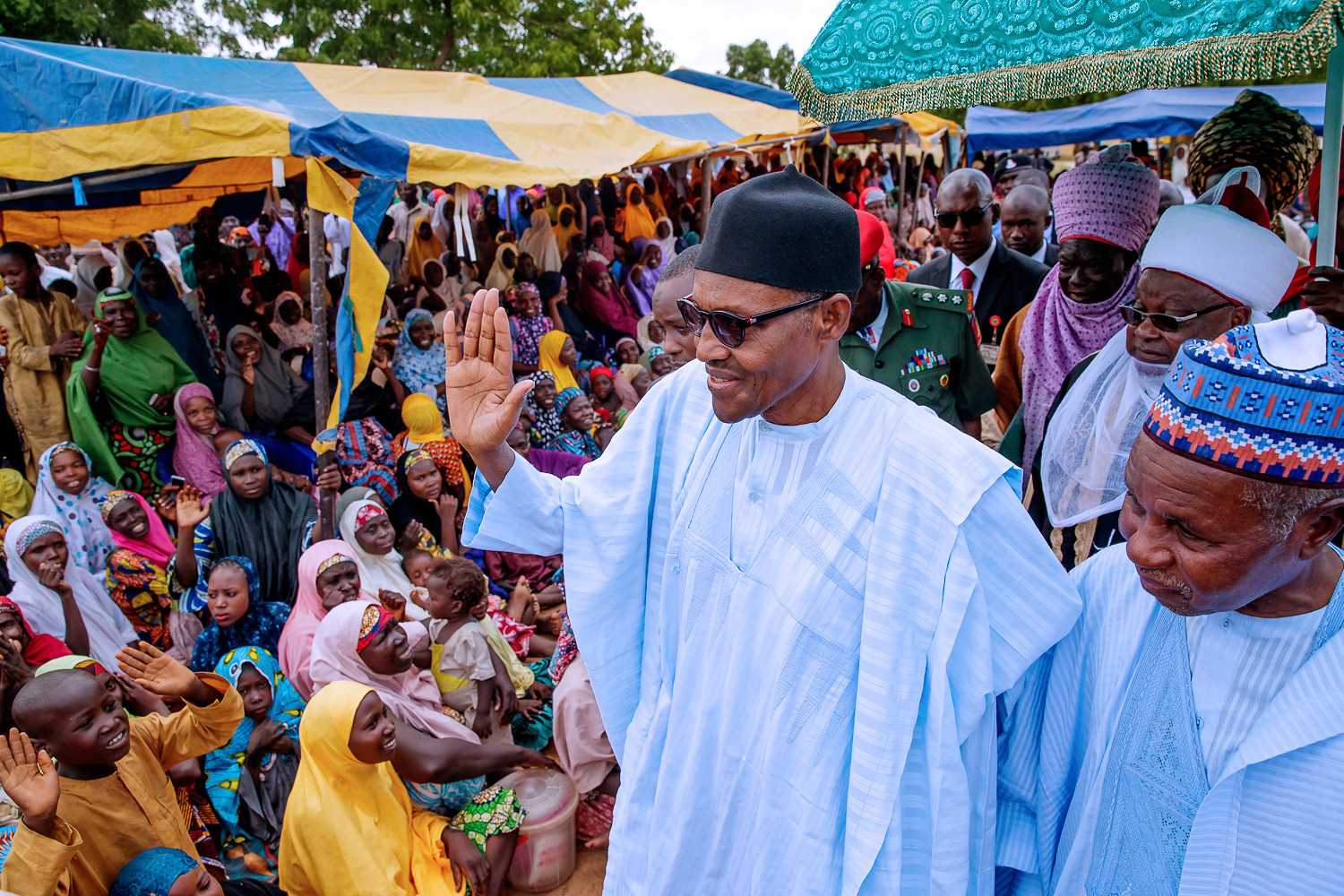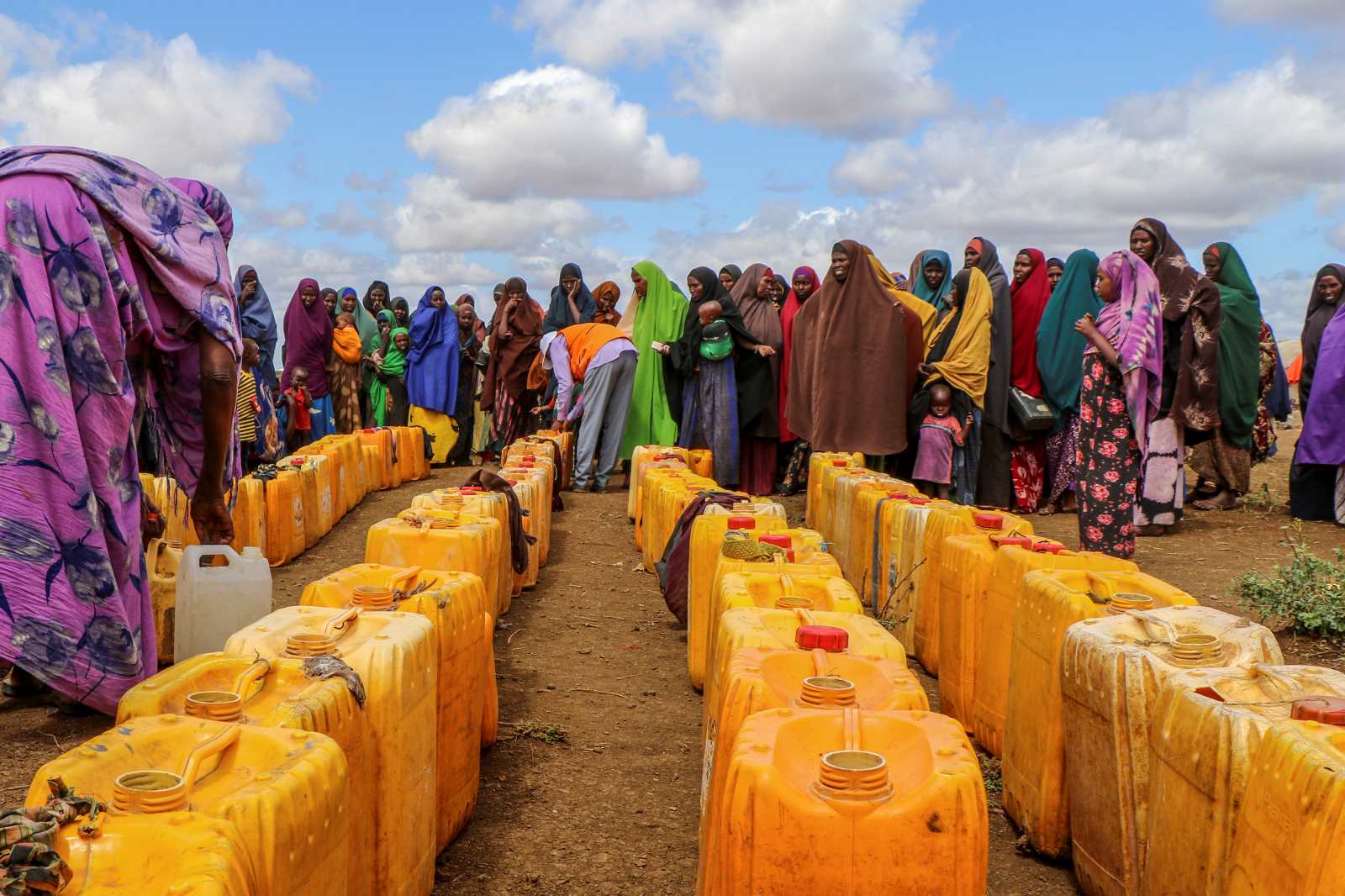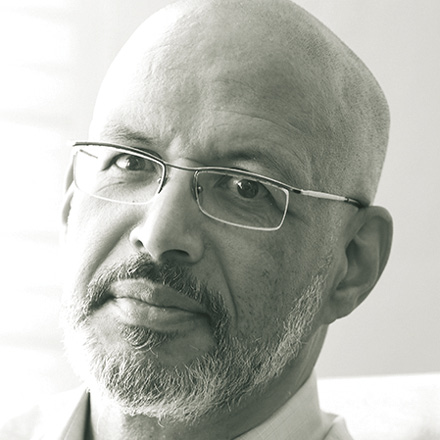Justice
Land-use conflicts undermine food security in Nigeria
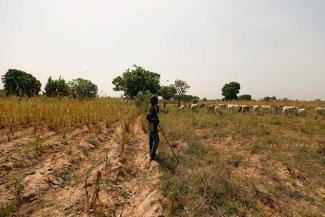
Land-use conflicts are social disputes that can quickly turn violent. They occur when individuals or groups want to use an area for different purposes, like agriculture, housing, industry, commerce, recreation or transportation. Tensions become particularly likely when people believe that their rights are being violated.
In Nigeria, land-use conflicts vary from one region to another, though there are common themes. In the north, Fulani herding communities frequently clash with farmers. The violence sometimes spreads into cities as well. In south-eastern Nigeria, oil companies and local people have a long history of clashes.
Nigeria’s rapid population growth is compounding problems. According to UN data, Nigeria currently has over 200 million people, and the number is expected to double by 2050. The increase in people puts additional pressure on limited land in rural as well as urban areas.
The climate crisis is exacerbating resource-related conflicts further. Competition for water, arable land and pastures for herds is increasing at a time when traditional practices are becoming unviable.
Disputed ownership
Land ownership is crucially relevant, but often controversial. One reason is that traditional and especially collective ownership is often not properly recognised. Moreover, vacant plots may be considered to not belong to anyone. Encroachment, the unauthorised sale of community land and rental conditions can trigger conflicts in which local people are often pitted against outsiders. Whether a community-based group is simply acting in self-defence or has actually become an illegal gang is often not obvious, but a matter of perspective.
A typical kind of conflict is timber contractors versus farmers. Contractors often destroy farmlands when felling trees for commercial use.
Violent encounters between farming and herding communities are extremely worrisome. Disputes arise when herds destroy fields or even feed on farmers’ crops. As the north is becoming more arid, nomadic herders look for pastures farther south, moving into areas where villages have been expanding their fields. Both sides feel that they are merely defending their livelihoods and insisting on what belongs to them.
Making matters more explosive, the herders are typically Fulani, a predominantly Muslim ethnic group, while farmers are often Christians of other ethnic groups. Tensions over land use thus become entangled with faith-based identity politics. Given that Islamist terrorism is affecting some parts of Nigeria quite seriously, this is most dangerous.
Land-use problems also haunt the Niger Delta. Since independence, there have been various periods of violence and even full-blown civil war. Oil exploitation on community lands is problematic. International corporations have caused massive oil spills on land and in rivers, destroying livelihoods. Local people can no longer farm or fish, and their health has been impacted as well. Oil companies do not pay adequate compensations.
Government policies on land use and officers’ abuse of power also cause disputes. The Land Use Act of 1978 is itself a bone of contention. It has been amended several times, but it does not take traditional notions of ownership and the right to access land into account properly. Government officers have a pattern of using legal ambiguities to demand bribes and using their powers arbitrarily. It can be quite difficult to tell at what point an official procedure turns into an illegal extortion scheme.
The rate of food insecurity in Nigeria is alarming. Last year, Cadre Harmonisé, a UN supported West African tool for assessing food security, forecasts that about 25 million Nigerians would be at risk of food insecurity this summer.
Land-use conflicts not only contribute to food insecurity, but also increase insecurity in general. In parts of north-western Nigeria, farmers are often forced to pay levies to armed bandits before they can go to their fields. Some pay with their crops, but many farmers cannot pay at all. As a result, food production is hampered. The problem is transferred to consumers when food prices increase. Poverty is therefore worsening in already marginalised areas.
When attacks escalate, some farmers flee and desert their lands. In extreme cases, entire communities are forced to relocate. Internal displacement is a huge issue in Nigeria, and the side effects include a loss of culture and identity.
Climate change is causing extreme weather in Nigeria, which also has an adverse effect on agriculture. During the 2022 rainy season, widespread flooding damaged 676,000 hectares of farmland. Twenty-seven of Nigeria’s 36 states were affected. The flooding exacerbated food insecurity as well. Slow trends such as worsening aridity obviously affect agriculture too.
Land conflicts restrict the land available for agricultural production and environmental conservation efforts. They also obstruct development. In rural Nigeria, telecommunication companies have been prevented from laying their cables and denied access to their facilities until they make illegal payments to community leaders.
The way forward
Resolving land use conflicts will require peacebuilding measures, as well as a change in government policies. Experts have proposed a review of the Land Use Act of 1978 to make room for meaningful growth in agriculture and other sectors. To ensure food security and reduce land-use conflicts, the government must consider adopting policies that encourage sustainable agricultural practices, increase climate resilience and boost investment in renewable energy.
Courts play an important role in solving land disputes. However, legal processes take time and are expensive. Though they hurt the relationship between aggrieved parties, they are a legitimate source of conflict resolution. Some consider Kenya’s Environmental and Land Courts (ELC), which are designed to reconcile formal and traditional understandings of justice, an example.
Another important step would be to encourage nomadic herders to switch to more sedentary livestock production. Measures could include teaching herdsmen local feed-preservation techniques, storing excess herbage using silage and hay and facilitating negotiations led by neutral parties. Nigeria has the natural resources to become one of the top agriculture-producing countries, but the first step is to give agriculture the attention it deserves and make good use of available arable land.
Reducing population growth and mitigating the climate crisis would help too. While Nigeria cannot rise to the latter challenge on its own, progress in fighting poverty would help to tackle the former one.
Adaze Okeaya-inneh is a journalist and screenwriter in Lagos.
adazeirefunmi@gmail.com

